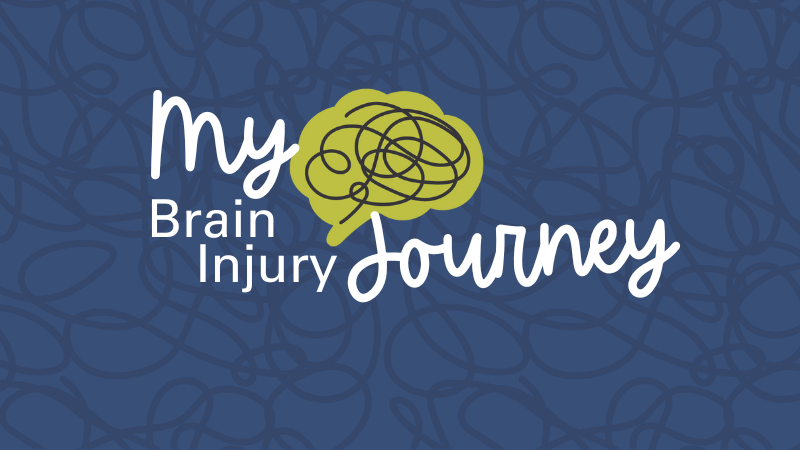Mar Matossian

A Broken System: My Son’s Battle with Traumatic Brain Injury and the Fight for Proper Care
Twelve years ago, my son’s life changed in an instant. A motorcycle accident left him with a traumatic brain injury (TBI), an invisible wound that would alter the course of his future and shake the foundation of our family. The days, months, and years that followed were filled with uncertainty, pain, and a relentless fight—not just for his recovery, but for access to the medical care he so desperately needed.
One of the greatest injustices we’ve faced is the shocking lack of resources for brain injury survivors in Florida. Despite the prevalence of TBIs—affecting thousands every year—the support system for individuals like my son is practically nonexistent. Rehabilitation options are scarce, and even when they are available, they come with a price tag that only the wealthy can afford. If you’re disabled and rely on Medicare, as my son does, you quickly realize how little help you’re actually entitled to.
The Reality of Living with a Traumatic Brain Injury
A TBI doesn’t just heal with time. It affects every aspect of a person’s life—cognitive function, memory, speech, motor skills, and emotional regulation. My son has struggled with all of these, and while he has made progress, his journey has been hindered by one major obstacle: lack of access to proper medical care.
Therapies such as cognitive rehabilitation, neuropsychological evaluations, and innovative treatments like hyperbaric oxygen therapy have shown promising results in brain injury recovery. But Medicare refuses to recognize TBI as a condition worthy of these treatments. In fact, Medicare only covers hyperbaric oxygen therapy for a limited list of medical conditions—most of which the average person has never even heard of—while excluding brain injury survivors who could benefit immensely. Why? Why is a condition that affects millions of Americans being disregarded?
The Cost of Being Disabled in America
People assume that if you’re disabled, the government will take care of you. That’s far from the truth. My son is on Social Security Disability Insurance (SSDI), which automatically qualifies him for Medicare. But Medicare doesn’t cover the specialists, the therapy, the rehabilitation, or the treatments he needs. Private insurance plans often cover more, but they come with high premiums—premiums that someone on disability simply cannot afford.
So what happens? People like my son are left without care. If you don’t have money, you don’t get better. It’s that simple. We’ve been forced to pay out-of-pocket for countless treatments over the years, draining savings and putting financial strain on our family. And we are not alone. Families across the country are facing the same devastating reality—watching their loved ones struggle, knowing that there are treatments out there, but being unable to afford them.
The Emotional Toll on Families
TBI doesn’t just affect the individual—it affects the entire family. As my son’s caregiver and advocate, I have witnessed firsthand the emotional and mental toll of navigating a broken healthcare system. The constant battle for basic medical care is exhausting. The stress of financial strain, the frustration of bureaucratic red tape, and the heartbreak of watching my son struggle when I know more can be done—it’s a weight I carry every single day.
There have been countless nights of worry, wondering what the future holds for him. Will he ever get the care he needs? Will he ever be able to live independently again? These are the questions that haunt me. And yet, despite everything, we push forward. Because giving up is not an option.
Why Our Medical System Must Change
We cannot continue to let brain injury survivors fall through the cracks. Medicare must recognize TBI as a condition that requires specialized treatment. It should cover cognitive therapy, neurorehabilitation, and hyperbaric oxygen therapy—proven interventions that can help survivors regain their independence and quality of life.
More resources must be allocated to brain injury research, rehabilitation centers, and support programs. Families should not have to fight tooth and nail for basic care. We need real change in our healthcare system—change that prioritizes people over profit.
Twelve years ago, my son’s accident took away the life he once knew. But it shouldn’t take away his future. He, and millions of others like him, deserve better. Until then, I will keep fighting, advocating, and raising awareness—because no family should have to endure this battle alone.

